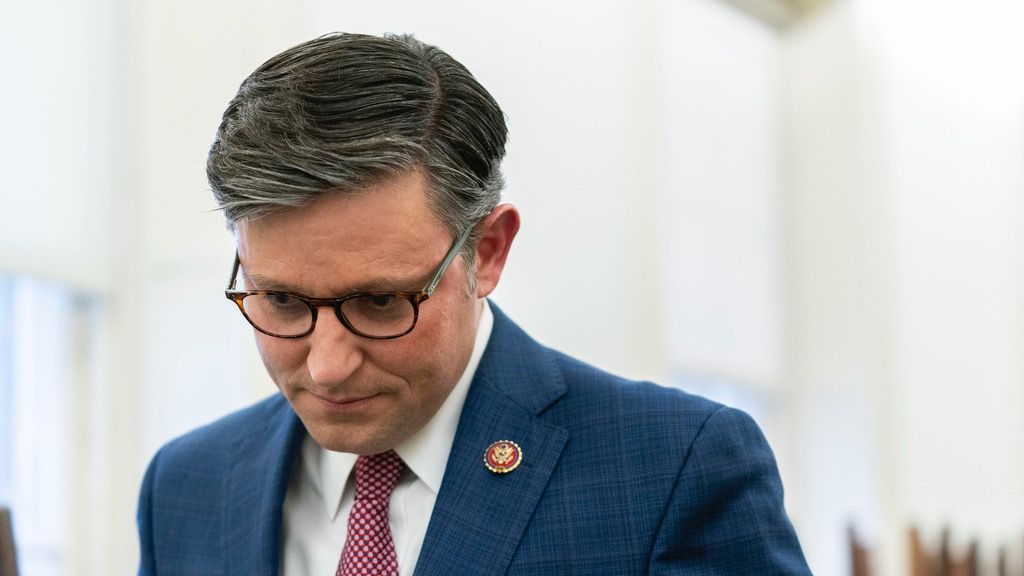On December 19, 2024, the House of Representatives decisively rejected a spending bill endorsed by President-elect Donald Trump. With the deadline to avoid a partial government shutdown just days away, the defeat of the bill raises concerns about disruptions to federal services and the broader economy.
The vote, which ended with 174 lawmakers in favor and 235 against, exposed deep divisions within both the Republican Party and Congress at large. The proposed bill aimed to extend government funding temporarily while addressing several key issues, including disaster relief and the federal debt ceiling. However, it failed to garner bipartisan support, leaving lawmakers scrambling for a solution.
Key Provisions of the Spending Bill
The proposed legislation sought to address multiple pressing issues:
- Temporary Funding Extension: It would have funded the federal government for three months, buying time for more comprehensive budget negotiations.
- Disaster Relief and Agricultural Aid: Over $100 billion was allocated to assist areas impacted by natural disasters and to support farmers.
- Debt Ceiling Suspension: The bill proposed a two-year suspension of the federal debt ceiling, aiming to prevent fiscal crises during the early years of Trump’s administration.
Despite these measures, opposition was fierce. Conservative Republicans criticized the bill for including what they described as unnecessary spending, while many Democrats rejected the proposal as insufficiently addressing long-term fiscal issues.
Reactions from Trump and Allies
President-elect Trump expressed frustration at the bill’s failure, reiterating his calls for a more aggressive approach to federal spending. Trump had urged Speaker Mike Johnson to remove what he called “Democrat giveaways” and to include provisions for raising the debt ceiling.
Elon Musk and Vivek Ramaswamy, two prominent Trump allies, also voiced their dissatisfaction. They called for stricter fiscal discipline and warned against compromising on key Republican priorities.
Trump, who is set to take office next month, criticized the current Congress for its handling of the spending debate. “This was a missed opportunity to serve the American people. Republicans must hold the line,” he said in a statement.
Speaker Mike Johnson Under Pressure
The bill’s failure has placed Speaker Mike Johnson in a difficult position. Johnson had supported the bipartisan compromise but now faces backlash from both Trump-aligned conservatives and moderate Republicans. Trump himself has hinted that Johnson’s future as Speaker may depend on his ability to navigate these challenges effectively.
Johnson’s leadership will likely face further scrutiny in the coming days as lawmakers work to prevent a government shutdown. The Speaker must balance the competing demands of his party while addressing the immediate need for a funding solution.
Potential Impacts of a Government Shutdown
If Congress fails to reach a resolution by the December 22 deadline, a partial government shutdown could take effect, leading to:
- Disruptions to Federal Services: Many government operations could grind to a halt, affecting everything from national parks to federal agency operations.
- Furloughs for Federal Workers: Thousands of federal employees could face temporary layoffs, adding to economic uncertainty during the holiday season.
- Delayed Benefits: Programs like Social Security and veterans’ benefits could see processing delays, impacting millions of Americans.
Broader Implications
The spending bill’s failure underscores the challenges of navigating fiscal policy during a period of significant political transition. With Trump set to take office, his influence over legislative priorities is already apparent, complicating negotiations within Congress.
As lawmakers debate their next steps, the potential shutdown could serve as a test case for Trump’s ability to unify his party and implement his agenda. The coming days will determine whether Congress can avoid a shutdown and restore public confidence in its ability to govern effectively.
Sources
- House rejects Trump-backed plan on government shutdown, leaving next steps uncertain
- Trump predicts Mike Johnson will ‘easily remain speaker’ if he course-corrects on government spending
- Bloated federal funding bill is scrapped after Trump-boosted revolt, Rep. Scalise confirms

